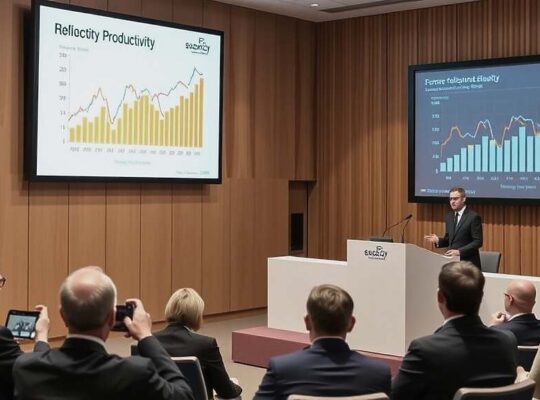A senior figure within the Social Democratic Party (SPD) has strongly defended the government’s “Bürgergeld” (citizens’ allowance) program amidst growing criticism, particularly from opposition parties like the Christian Union (CDU).
Speaking to broadcaster “Welt” SPD General Secretary Tim Klüssendorf expressed frustration that the reform hadn’t been successfully framed as a matter of fairness and qualification. He argued that the program had been misrepresented as an overly generous safety net, which he stated was inaccurate.
Acknowledging instances of misuse related to undeclared work, Klüssendorf emphasized that such cases represent a small fraction of the overall program. He highlighted the significant proportion of recipients who are actively seeking employment (“Aufstocker”), as well as the inclusion of single parents and, concerningly, children engaged in work. He rejected simplistic dismissals of the current system, suggesting that the focus on relatively small amounts within the “Bürgergeld” – specifically the final 50 euros – might not be the most effective approach to achieving greater societal equity.
Klüssendorf voiced skepticism regarding recent commentary from CDU leader Friedrich Merz concerning perceived excessive housing allowances linked to “Bürgergeld” and comments from Chancellor’s Office Minister Thorsten Frei regarding potential tightening of regulations concerning what constitutes a reasonable living situation. Responding to Merz’s criticisms of housing allowances of 20 euros per square meter, Klüssendorf insisted this portrayal doesn’s accurately reflect the reality of the experiences of the vast majority of “Bürgergeld” recipients.
Relating to CDU Minister Thorsten Frei’s announcement of potential adjustments to the “Zumutbarkeitsregeln” (reasonableness rules) for “Bürgergeld” recipients, Klüssendorf expressed caution, raising the hypothetical scenario of requiring individuals to commute long distances just to demonstrate a placement in employment. He emphasized that such measures would not genuinely benefit those involved.












